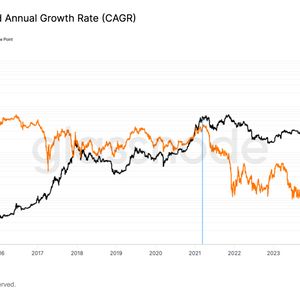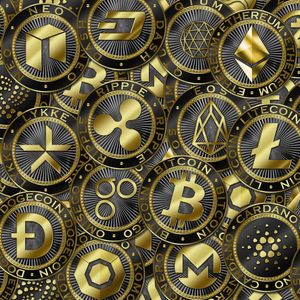Google has flipped the script. After months of being dragged through the mud for losing its early advantage in artificial intelligence, the tech giant has returned with guns blazing. Its December rollout of new AI models and tools has sent investors into a frenzy, pushing Alphabet’s stock to a record $199.91 and a market cap of $2.3 trillion. The revival started with Gemini 2.0, Google’s advanced AI model that has crushed competitors in benchmarks. It is paired with other major releases like Project Mariner and Project Astra. Mariner can generate detailed research reports on command, while Astra answers real-time queries in text, video, and audio—heck, it even works through smart glasses. Google’s Veo 2 and Imagen 3 are seemingly redefining video and image generation, giving investors plenty of reasons to believe in the company’s resurgence. Advanced tech and hardware give Google a new edge One of the boldest decisions was introducing Trillium, Google’s new Tensor Processing Unit (TPU) chip to challenge Nvidia’s dominance in the AI hardware market. Then there’s Willow, Google’s quantum computing chip. It is designed to handle qubits, which are those tricky quantum bits that keep most quantum projects in limbo. The company also claims it can perform tasks in five minutes that would take conventional supercomputers 10 septillion years. However, quantum computing isn’t ready for prime time yet. And let’s not forget DeepMind. AlphaFold, the AI software that predicts protein structures, bagged a Nobel Prize for its creators, Sir Demis Hassabis and John Jumper. This tech surge comes as Google reports three consecutive quarters of double-digit profit growth. Numbers don’t lie. Investors have taken notice, driving the stock price up 38% this year. While the gains are impressive, there’s still a $1 trillion gap between Alphabet and Microsoft. The question isn’t whether Google is climbing—it’s whether it can overtake the leader. An uphill battle with c ompetitors, lawsuits, and Elon Musk The competition isn’t sitting still. Microsoft is still ahead, thanks to its early bet on OpenAI and the seamless integration of AI into its flagship products. Sundar Pichai, Google’s CEO, threw shade at Microsoft’s reliance on OpenAI’s models during the DealBook Summit . He said, “I would love to do a side-by-side comparison of Microsoft’s own models and our models any day, any time.” But it’s not just Microsoft. Elon Musk’s xAI is building something massive in Memphis. His Colossus supercomputer, powered by 100,000 Nvidia GPUs, is expected to scale up to one million chips. That kind of computing power isn’t just for show. Elon’s chatbot, Grok, might not be a direct threat yet, but with plans to catch up by 2025, Google can’t afford to get too comfortable. And then there’s Uncle Sam. The Department of Justice is gunning for Google in a big way. After losing an antitrust case in August, it is bracing for more blows. The DOJ wants to force the sale of Chrome, cancel Google’s exclusive deal with Apple, and open up its treasure trove of user data. AI-powered startups like Anthropic and OpenAI are also nipping at Google’s heels. These companies offer tools that skip the middleman, providing direct answers instead of links. Google’s response, “AI Overviews,” might sound clever, but early data shows a drop in ad clicks—down 8% year-on-year in Q3. That’s bad news for a company that relies on $175 billion in ad revenue. Internal struggles and slow execution Google’s challenges aren’t just external. The company’s own structure has been a problem. Competing teams delayed the launch of Gemini as they vied for internal attention. When Google finally unveiled Bard, it was a flop. Critics didn’t hold back, and Alphabet’s market value took a $100 billion hit in a single day when Bard flubbed a demo. Now Gemini 2.0 is finally here, and it’s a hit. But the journey has been messy. Google insiders blame fragmented leadership and a lack of urgency for the delays. Sundar Pichai admitted that ChatGPT’s popularity caught him off guard, saying at a Stanford event, “I had a different sense of the trajectory in mind.” While his confidence in the future of AI remains high, the missteps have left scars. Land a High-Paying Web3 Job in 90 Days: The Ultimate Roadmap



















